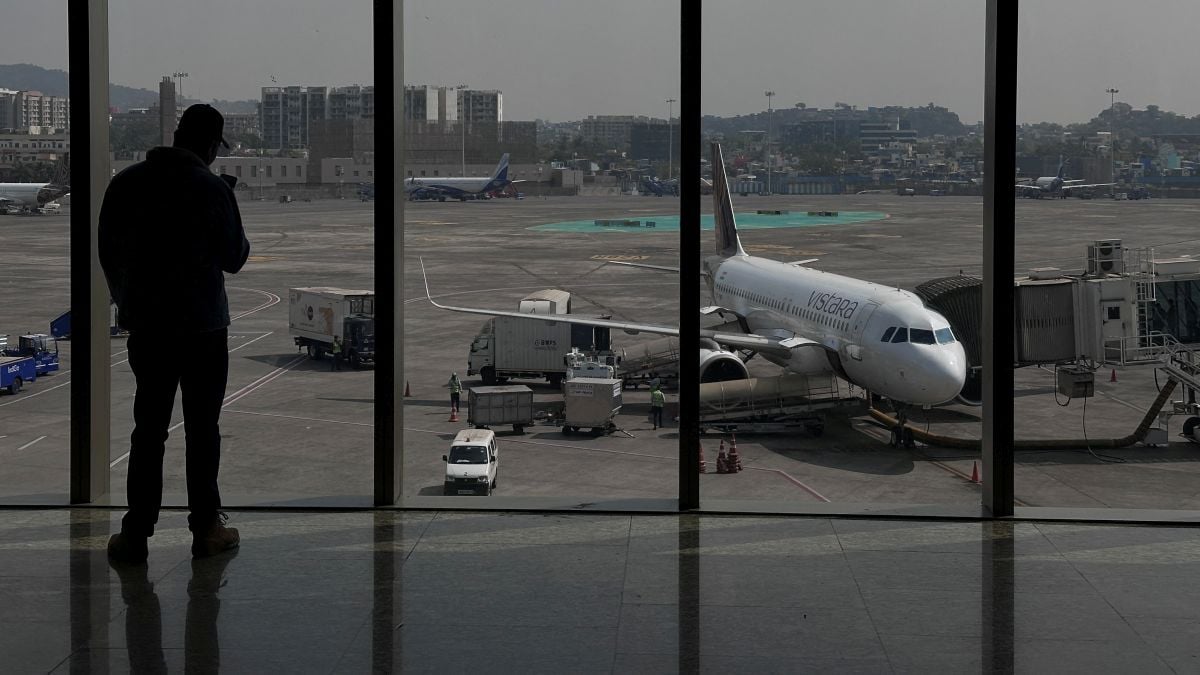
As Indian travelers gear up for the summer of 2024, the aviation landscape presents a concerning picture, particularly for those planning air travel. Vistara, a prominent domestic airline in India, is currently grappling with a crisis marked by a series of flight cancellations and delays. This turbulence has prompted Vistara to make significant operational adjustments, including a reduction in the number of flights—a move that is poised to impact passengers. The looming question now is whether this situation will precipitate a surge in airfares. Let’s delve deeper into the unfolding scenario.
Reasons Behind Vistara’s Flight Reduction
Vistara recently announced a 10% reduction in its flight operations in response to the shortage of pilots. The airline plans to cancel approximately 25 to 30 flights daily to alleviate the strain on its pilot roster. This strategic measure aims to restore operational stability by reverting to the flight capacity levels observed at the end of February 2024. A Vistara spokesperson highlighted improvements in flight punctuality and expressed optimism for smoother operations moving forward.
The decision to scale back operations follows a contentious episode where a significant number of pilots protested against the revised salary structure by calling in sick, leading to a wave of flight cancellations. The discontent among pilots is fueled by concerns over reduced fixed pay components and the perceived impact of revised work contracts on their work-life balance.
Potential Impact on Airfares Amidst the Crisis
With Vistara expected to operate around 300 flights during the busy summer season, the reduced flight frequency could trigger an uptick in airfares. India’s aviation sector, already grappling with demand-supply disparities, faces the prospect of temporary fare escalations due to disruptions in flight schedules. Industry experts anticipate a further increase in air ticket prices, which have already surged by 15% owing to existing market dynamics.
Last-minute flight cancellations can compound the financial burden on passengers, necessitating costly on-the-spot bookings with alternative airlines. The prevailing uncertainty surrounding Vistara’s operations has prompted travelers to explore alternative carriers like Air India, IndiGo, and Akasa, especially for time-sensitive travel requirements.
Broader Turmoil in the Domestic Airline Industry
Beyond Vistara, discontent among pilots extends to other Tata Group-affiliated airlines, with complaints of excessive workload and inadequate compensation. The Indian Pilots’ Guild has underscored systemic issues prevalent across Tata’s aviation entities, including Air India and Air India Express, citing challenges related to flight hours, leave policies, and roster stability.
The aviation sector faces multifaceted challenges, with GoAir facing flight groundings, IndiGo encountering operational restrictions due to engine issues, and SpiceJet operating a reduced flight schedule. The industry’s struggle to match passenger demand with available aircraft underscores the looming crisis in Indian air travel.
Amidst these developments, the summer travel season in India unfolds against a backdrop of uncertainty and volatility, with airfares likely to witness further escalation as Vistara navigates its operational realignment.
